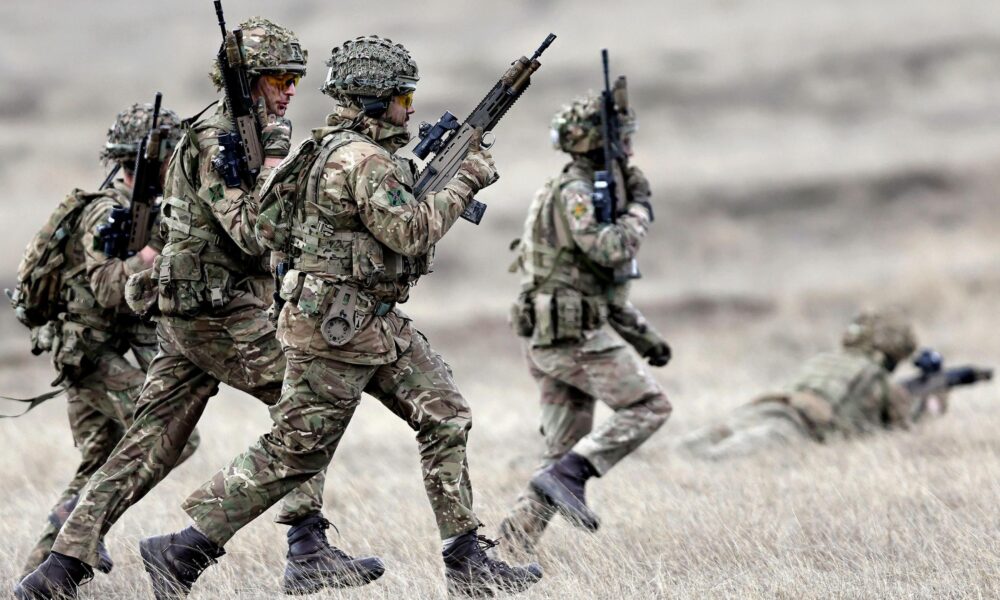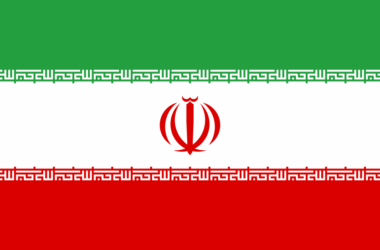Throughout my formative years, immersed in the annals of global conflict, a persistent question has echoed in my mind: why war and not peace in the world? Who truly benefits from the devastation – the masses who suffer, or the select orchestrators behind the curtain? The enduring presence of war, despite its horrific human cost, demands a deeper examination.
War is generally defined as violent conflict between states or nations, often initiated when perceived benefits outweigh disadvantages, and no mutually agreeable solution seems apparent. This simplistic definition, however, glosses over the complex web of motivations and beneficiaries that perpetuate this destructive cycle.
The question of freeing humankind from the specter of war is not new. In 1932, amidst the rising tide of fascism and Nazism, Albert Einstein famously posed this very question to Sigmund Freud. Einstein, seeking wisdom from an “expert in the lore of human instincts,” questioned whether human aggression could be re-channeled away from hatred and destruction. Freud’s insightful reply, delving into the psychical foundations of behavior, explored potential avenues to halt the conflicts rending humanity. Their correspondence highlights a timeless struggle to understand the roots of aggression and find pathways to peace.
Decades later, the observations of Major General Smedley Butler, one of the most decorated US Marines, resonate with chilling accuracy. In his hard-hitting 1935 treatise, “War is a Racket,” Butler unequivocally stated: “War is a racket. It has always been. It is possibly the oldest, easily the most profitable, surely the most vicious. It is the only one international in scope. It is the only one in which the profits are reckoned in dollars and the losses in lives.”
His words ring true even today. Wars continue to erupt, and while the countries involved suffer immense economic setbacks, a select few stakeholders within the war economy consistently profit from mass human suffering. Conflicts trigger supply shocks, disrupt trade, and ultimately dent the global economy. Yet, paradoxically, the sudden economic activity generated by war can provide short-term growth for certain sectors, further complicating the narrative of who gains and who loses.
In stark contrast to the devastation of war, peace emerges as an indispensable element for human existence and flourishing. Peace is a vital cornerstone for securing human rights, fulfilling fundamental human needs, and fostering a balanced society. It provides the framework for the rule of law, reduces conflict and crime, and helps resolve financial instability, ultimately ensuring people’s survival and well-being.
The imperative for global peace cannot be overstated. It is the bedrock for survival, development, and overall human well-being. A peaceful environment cultivates stable conditions for economic growth, social progress, and individual flourishing, while simultaneously preventing the catastrophic consequences of conflict. Ultimately, peace is not merely an aspiration; it is a fundamental human right and a prerequisite for a thriving future for all.
Let’s delve deeper into why peace is so critical:
Survival and Security: Peace is the fundamental requirement for basic survival, as conflict inevitably leads to displacement, famine, and tragic loss of life.
Economic Development: A peaceful environment is paramount for robust economic growth. It allows businesses to thrive, encourages investment, and ensures that resources are allocated to development initiatives rather than defensive measures.
Social Progress: Peace enables the construction of strong institutions, the protection of human rights, and the advancement of social justice, all essential components of a healthy and equitable society.
Individual Well-being: Peace fosters a sense of security and stability, empowering individuals to pursue their aspirations, nurture their families, and meaningfully contribute to their communities.
Addressing Global Challenges: Tackling complex global issues such as climate change, poverty, and disease necessitates cooperation and collaboration, which are only achievable in a world at peace.
Prevention of Violence: Peacebuilding efforts, encompassing conflict resolution and reconciliation, are crucial for preventing future violence and fostering sustainable peace.
Human Dignity and Rights: Peace is an inherent human right, indispensable for safeguarding the dignity and well-being of every individual.
Positive Peace: Beyond the mere absence of violence, positive peace encompasses the attitudes, institutions, and structures that actively create and sustain peaceful societies.
Inner Peace: Cultivating inner peace within individuals is equally vital for fostering a more peaceful world, as it equips individuals to resolve conflicts constructively and promote understanding.
Global Solidarity: Promoting peace demands a collective effort, with individuals, communities, and nations working in concert to build a more peaceful and just world.
In essence, peace transcends the mere absence of war; it is a dynamic and active state of well-being that is absolutely essential for the survival, development, and flourishing of humanity. The question of “why war and not peace” continues to challenge us, but the undeniable benefits of peace offer a compelling vision for a more humane and prosperous future.
Godwin Anyebe is a Journalist and a Rights Activist









